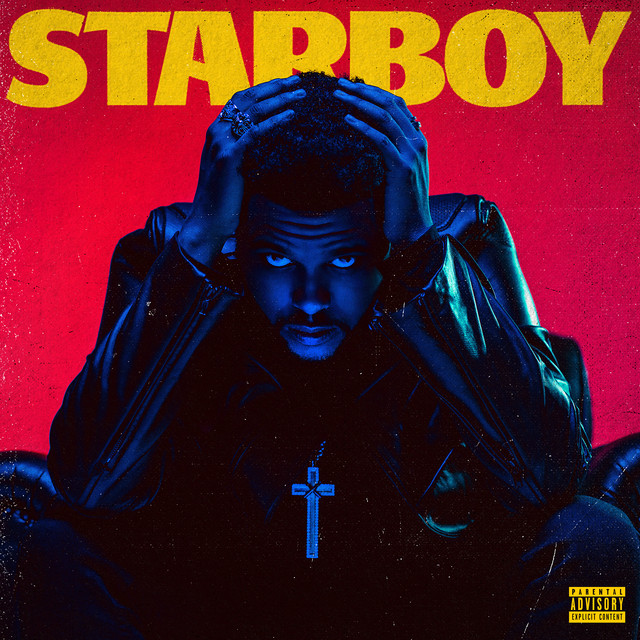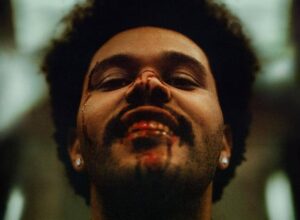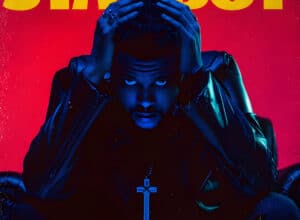Released: 2016
“Party Monster” by The Weeknd is a track that delves deep into the hedonism and excess that can characterize the celebrity lifestyle, especially within the realm of hip-hop and R&B scenes. The song paints a vivid picture of late-night parties, substance use, and fleeting romantic encounters, showcasing a mix of self-awareness and a hedonistic embrace of the “rockstar” lifestyle. It’s a candid look at the highs and lows of fame, wrapped up in a moody, infectious beat.
The opening lines, “I’m good, I’m good, I’m great,” immediately set a tone of self-assurance, possibly masking underlying issues. The Weeknd mentions “mixing up the drank,” a reference to indulging in alcohol or possibly codeine syrup, a staple in hip-hop culture’s party scenes. The repetition of needing a girl who “gon’ really understand” hints at a desire for connection amidst his chaotic lifestyle, suggesting an underlying loneliness.
The lyrics proceed to describe a hedonistic scene where he observes a woman “get richer in the pole” and “take down that tequila,” admiring her confidence and self-assurance in a nightlife setting. The mentions of “Angelina” and “Selena” liken her to celebrities known for their allure and charisma, further intoxicating the singer with her presence. This segment of the song underlines a glorification of party culture’s fleeting pleasures.
Waking up beside a girl whose name he doesn’t remember echoes themes of anonymity and detachment in relationships fueled by fame and the party lifestyle. This refrain serves as a recurring reminder of the transient, impersonal nature of such encounters, further emphasizing the singer’s feelings of emptiness despite his indulgences.
The admission of “poppin’, just took three in a row” alludes to consuming pills, enhancing the narrative of excess and escapism. The Weeknd’s assertion of being “the realest” and having “the meanest” game, whether in reference to his music or his prowess, underscores a competitive and boastful aspect of hip-hop culture, where one’s status and abilities are perpetually scrutinized and celebrated.
The culmination of these themes is in the segment discussing paranoia and checking for his possessions, demonstrating the constant anxiety and distrust that can accompany fame. Despite the opulence and the endless party, there’s an ever-present concern for security and authenticity in relationships, highlighted by the conflicting feelings towards a woman he’s drawn to yet deeply paranoid about.
“Party Monster” is a complex exploration of the duality of the fast life, weaving together themes of desire, loneliness, and self-destruction. The Weeknd’s narrative captures the essence of a nocturnal odyssey through fame’s darker sides, marked by a continuous search for genuine connection in a world overshadowed by the superficial.








